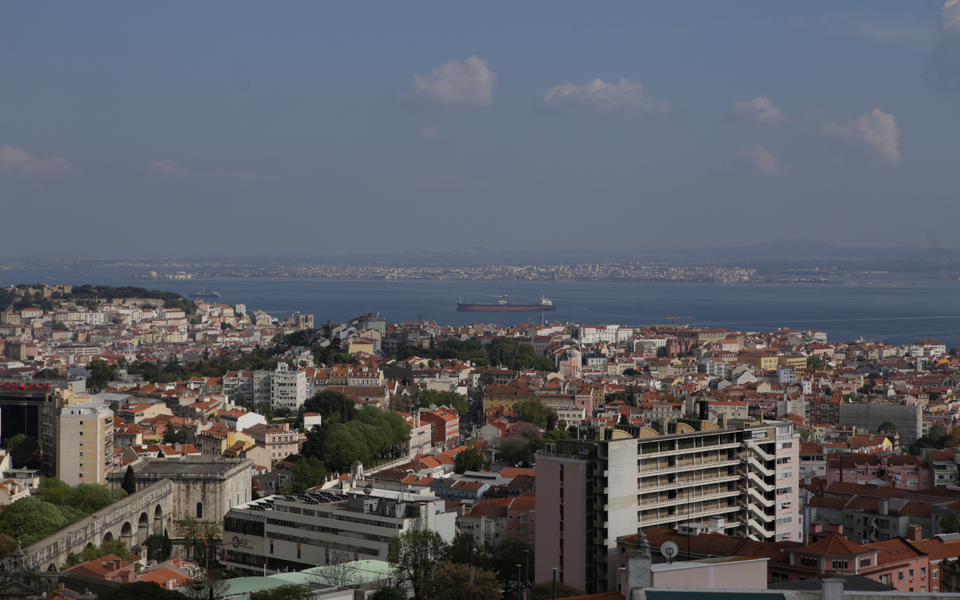Portuguese House Prices Surge 17.2% in Second Quarter Amidst Transaction Boom
Portugal's national statistics authority, the Instituto Nacional de Estatística (INE), released its House Price Index for the second quarter of 2025 today, revealing a significant acceleration in the property market. The data indicates a year-on-year price increase of 17.2%, which is 0.9 percentage points higher than the growth registered in the preceding quarter. This surge confirms a continued and intensified heating of the national real estate market. The total value of housing transactions during this period amounted to €10.3 billion, reflecting a substantial 30.4% increase compared to the second quarter of 2024.
The statistical findings are based on data from property transactions registered nationwide between April and June 2025. The INE's methodology involves tracking the prices of both new and existing dwellings to compile a comprehensive index. The report highlights that the price increase in existing homes (18.3%) outpaced that of new homes (14.5%), suggesting strong demand in the resale market. A total of 42,889 dwellings were transacted, marking a 15.5% increase in volume over the same period in the previous year. This data provides a clear quantitative measure of the market's current momentum and is a key indicator for economic analysts and policymakers.
The specific numerical findings show a quarter-on-quarter price increase of 4.7%, maintaining a strong growth pace. The average annual rate of change reached 13.8%, a new maximum for the available data series, underscoring the exceptional nature of the current market cycle. The value of transactions in existing homes climbed to €7.6 billion, a 33.6% year-on-year rise, while new homes accounted for €2.6 billion, up 22.0%. These figures illustrate the sheer scale of capital flowing into the Portuguese property sector.
A geographic breakdown of the data shows that while the North of Portugal recorded the highest number of transactions with 12,955 sales (30.2% of the total), the Greater Lisbon area continues to dominate in terms of value. In the capital's metropolitan area, 8,189 sales were completed, but the total transaction value surpassed the €3 billion mark for the third consecutive quarter. However, Greater Lisbon's share of the total value decreased slightly by 1.5 percentage points, while the North's share increased by 1.7 percentage points to 26.1%. The Setúbal Peninsula, south of Lisbon, also saw its market share grow, with 4,096 transactions, indicating a spillover of demand from the central Lisbon market into its surrounding areas.
Need Expert Guidance?
Get personalized insights from verified real estate professionals, lawyers, architects, and more.
The analysis by market segment reveals that the vast majority of transactions were conducted by the household sector, which acquired 37,699 dwellings, or 87.9% of the total. This represents an 18.0% increase in the number of homes purchased by families compared to the same period in 2024. This strong domestic demand provides a stable foundation for the market. The existing homes market remains the most active segment, with 34,579 transactions, a 16.7% year-on-year increase, compared to 8,310 transactions for new homes, which grew by a more modest 10.9%.
Industry experts and economists will be closely watching these trends. The rapid price appreciation may lead to discussions about housing affordability, while the robust transaction volume signals strong consumer and investor confidence in the economy. Government bodies, including the Bank of Portugal, will analyze this data to assess financial stability risks associated with the real estate market. The sustained growth, particularly in key regions like Lisbon, continues to position Portugal as a focal point for European real estate investment analysis. The INE will continue to collect and publish this data on a quarterly basis, with the next report for the third quarter of 2025 expected to provide further insights into the market's trajectory.
Stay informed on Lisbon property market developments at realestate-lisbon.com.






